
War-with-Russia novels were legion in the 1980s. Authors such as Tom Clancy, Ralph Peters, Dennis Jones, Larry Bond, Ian Slater, and General Sir John Hackett all produced one or more examples of military scenario fiction, usually written as a sort of alternative history.
To generalise with some degree of assurance, their plots consisted of carefully worked out military campaigns of the war-gaming variety, drawing on the detailed plans that NATO and the Warsaw Pact had developed for such eventualities. To make them more than simply glorified campaign manuals, human interest would be added by naming individual soldiers, sketching out their characters and home lives, and following them into battle.
Russia in Fiction has reviewed one of the betters ones, Red Army by Ralph Peters (1989). Red Metal, published three decades later, gives an updated and original take on the war-with-Russia concept.
The re-emergence in the second decade of the 21st century of these war-with-Russia novels is an indicator of the resurgence of Russia on the global stage, and of the rapid decline in relations between Russia and the United States, the United Kingdom, and, to differing degrees, various other Western powers.
General Sir Richard Shirreff’s excessively alarmist 2017 War with Russia: An Urgent Warning from Senior Military Command (2016) is one such example. Its title was amended as 2017 came and went without such a war.
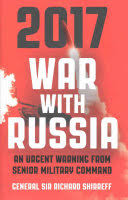
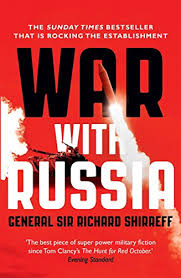
Red Metal by Mark Greaney (and Lt. Col. H. Ripley Rawlings IV) is another example of the more recent outings for the war-with-Russia genre. As a novelist, Greaney has one significant and obvious advantage over Shirreff; namely, the fact that he is a novelist. He knows how to write fiction.
Mark Greaney is the creator of the bestselling (but not Russia-related) ‘Gray Man’ series. He is also the standout of those several authors who have taken over Tom Clancy’s Jack Ryan and Jack Ryan Junior series since the passing of Clancy himself. To be precise, Greaney collaborated with Clancy on his last three novels, and then wrote a further four solo. A number of these had clear aspects of the war-with-Russia theme without being full-blown military novels.
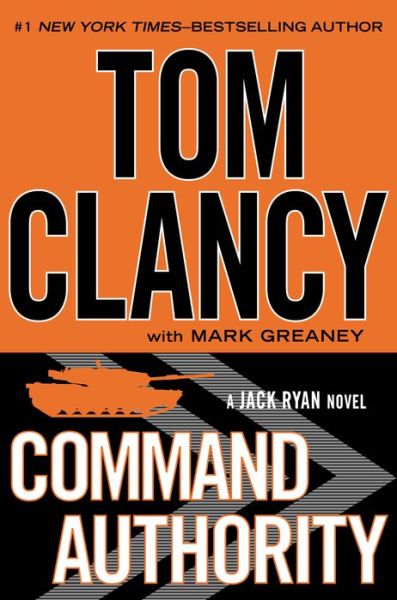
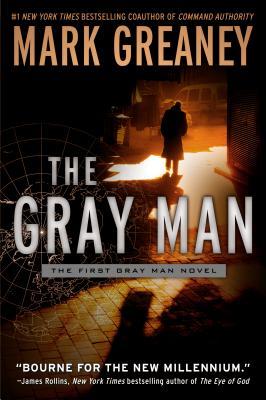
The most noteworthy of Mark Greaney’s Jack Ryan Jr books is Command Authority (2013). As noted in Inside Russian Politics (2017), Command Authority:
envisaged Russia easily taking over Crimea with scarcely a shot fired, presenting a fait accompli to the West before tentatively testing the military possibilities of further territorial gain in south-eastern Ukraine. After which, Clancy and Greaney’s 2013 account continued, Russia would decide that the costs of further incursion into Ukraine were too high and so withdraw, but nonetheless gain great kudos at home for reincorporating Crimea into the Russian Federation. Command Authority proved remarkably prescient.
Edwin Bacon, ‘Inside Russian Politics’ (2017), chapter 9
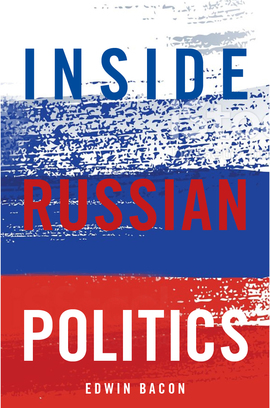
Of course Russia’s annexation of Crimea did not occur until 2014, a year after the novel was published.
Greaney has then a strong track record and his decision to write Red Metal, firmly situated in the military novel genre, makes sense. As does the collaboration with a bone fide military man, Lt. Col. H. Ripley Rawlings, to provide all the essential technical and tactical details.
To be honest, Russian in Fiction is usually a bit iffy about military novels. As a genre they tend to major on precise detail in terms of uniforms, armaments, tactics, and chains of command. Russia in Fiction doubts that we are alone in skipping such paragraphs even on those occasions when we find these works of military fiction sufficiently engrossing to read to the end.
The worst military fiction books can get bogged down in scenario planning and strategy, forgetting that a good work of fiction should also entertain and engage. What is more, as with competent espionage thrillers, for a military novel to work it has to have sufficient realism to convince. The reader needs to feel that the events portrayed are at least feasible; not that they are necessarily likely, but that they make sense in terms of international relations and politics.
Red Metal is a standout military novel. A real page-turner that does not drag despite its 600+ pages. It brings all of the requisite elements together — characters that the reader can identify with, an interesting geopolitical and military scenario, and plenty of military detail that sounds convincing; though Russia in Fiction has absolutely no idea whether it is since we would be hard pushed to know one end of a gun from another.
In terms of Red Metal’s presentation of Russia in the world in 2020, the novel is not so crass as to go for an all-out nuclear superpower conflict scenario. Instead, there is a nuanced and multi-factored development of conflict, drawing on the rise of China and a hypothetical intervention in Taiwan, alongside a specific loss of Russian influence in Kenya (to be precise, influence over a rare earth mine – the ‘red metal’ of the title).
Against this background, coupled with the standard idea of Russia needing to assert its place in the world once more, an overambitious Russian military leadership develops an audacious plan that gets out of hand.
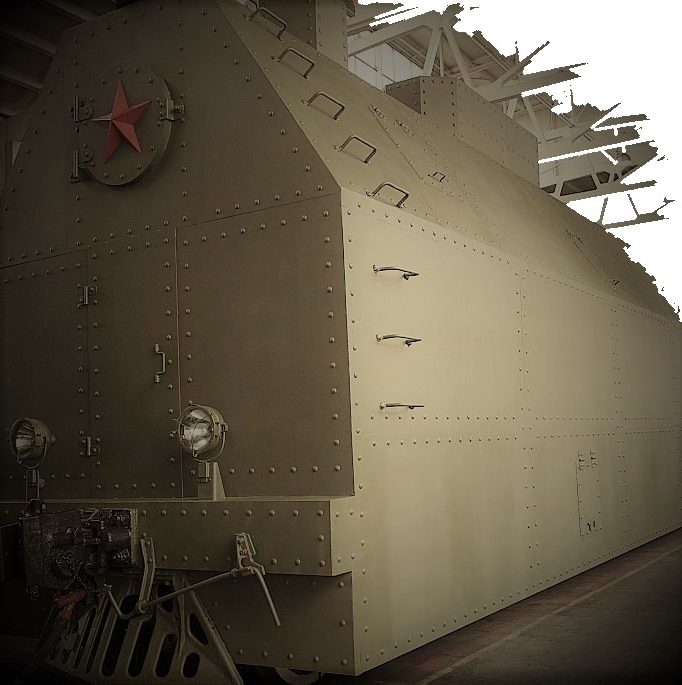
This plan involves a swift and limited military strike, primarily carried out by covert armoured train, to put out of action the U.S. Africa Command headquarters in Germany, as a preliminary to recapturing the Kenyan mine.
So, that’s the set-up. NATO engages, the political leaderships argue and negotiate, there is fighting in Poland and Belarus, and the novel reaches a climax in Africa. Only towards the end does the possibility of even limited nuclear engagement raises its ominous head.
**********
Red Metal is not without its faults. Including a glaring one from the Russia-in-fiction point of view — like far too much contemporary American popular fiction involving Russia, the idea persists that somehow today’s Russia remains Communist.
‘Die, Commie, die!’
That is the cry that goes up from a NATO pilot as he attacks Russian ground troops, some three decades after the collapse of the Communist regime in Russia.
Elsewhere in Red Metal, there is reference to decisions made by ‘the Central Committee’ in Moscow. And the Russian characters call each other ‘comrades’.
Aaagh! We just don’t get it! All of this effort to be precise about the correct details of the calibre of a Russian rifle, whilst at the same time the authors do not seem to have noticed that the Soviet Union disappeared 30 years ago, and that today’s Russian regime came to power by overthrowing and replacing Communism. Fine if authors want to dwell on similarities between contemporary Russia and the USSR in terms of authoritarianism or military adventurism, but at least get the fundamental differences correct. The Communists are no longer in power in Moscow.
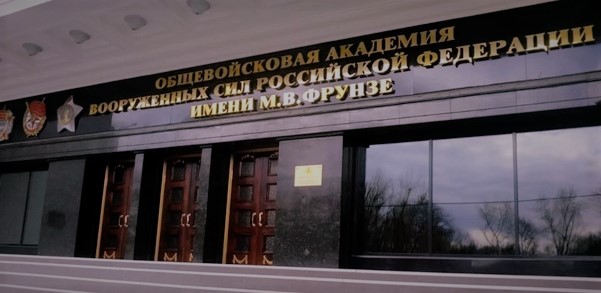
Beyond that flagrant error, Red Metal does a reasonable job in its fairly minimal engagement with Russo-specific aspects. We get a name check for the Frunze Military Academy, reference to the ‘Fancy Bears’ hacking group, and the occasional Russian word transliterated. Though more careful editing might have spotted that the leading Russian military character, Colonel General Boris Lazar, cannot have been —as stated at different points in the novel— born both in Moscow and in Leningrad.
It is to the credit of the originality and readability of Red Metal that it overcame Russia in Fiction’s habitual wariness of military novels and dislike of un-nuanced ‘big bad Russia’ scenarios.
If you want to read a contemporary war-with-Russia novel, Red Metal is in the front rank.